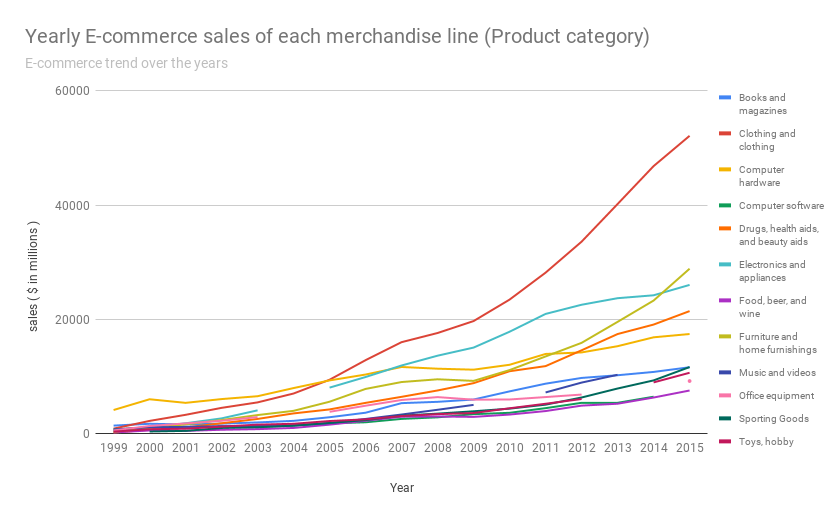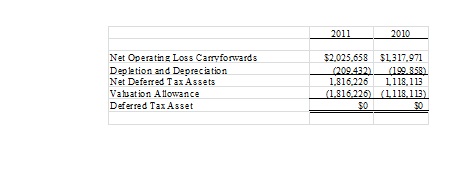
On 1 October 2016, the taxation of digital (‘remote’) services supplied by offshore companies (non-New Zealand) to consumers based in New Zealand changed. GST was introduced in conjunction with compensating changes to personal income tax rates and removal of many excise taxes on imported goods. A non-resident business carrying out a taxable activity in New Zealand — defined by the New Zealand Inland Revenue as regular activity that involves the supply of goods or services — may need to register for GST purposes, and collect and return GST on their goods and services. Once registered for GST, businesses must charge GST expense definition and meaning to their customers and pay anything that is owed to the New Zealand Inland Revenue. Businesses must also file GST returns at a frequency determined by its sales figures.
A property tax followed the next year (per the Property Tax Act 1879). When first enacted, this charged a rate of one penny in the pound (i.e. 1/240th or 0.4%), but a massive £500 exemption applied, exempting most people from tax liability. New Zealand has jurisdiction to tax individuals on the basis of residence and source.
Some localities have a minimum purchase price for which a VAT refund can be claimed, or certain purchase types which cannot be made tax-free. AVAT refund of up to 13.00% of your total expenditures may be refunded for qualifying purchases.Regulations on VAT and sales tax refunds vary across countries and by region, so be sure to check ahead before expecting a New ZealandVAT refund. It is usually charged at a rate of 15% by GST-registered persons and is added to the price of most goods and services supplied in New Zealand, including most imported goods and services.
But once your local sales do surpass NZD 60,000, then you may have to register for VAT and comply with all of the New Zealander rules around tax rate and collection, invoices, and filing returns. From 1 April 2024, non-resident online marketplace operators facilitating the sale of short-stay and visitor accommodation, ride-sharing, and food and beverage delivery must collect and return GST when the service is performed, provided, or received in New Zealand. Requested and approved refunds are paid into a business’s bank account within 15 days. Refunds under NZD 5 are carried forward to the next taxable period. Non-resident GST-registered businesses will not need a New Zealand bank account to receive their refund.
GST threshold
- If you’re a non-resident business who does not make taxable supplies in New Zealand, you may be able to register for GST as a non-resident business claimant and claim back GST charged on your New Zealand business expenses if you’re eligible.
- It is collected by Inland Revenue on behalf of the Accident Compensation Corporation (ACC).
- Because businesses claim back their input GST, the GST inclusive price is usually irrelevant for business purchasing decisions, other than in relation to cash flow issues.
- There are specific rules around digital products, which you must follow closely to stay tax compliant.
- A digital product is any product that’s stored, delivered, and used in an electronic format.
- Refunds under NZD 5 are carried forward to the next taxable period.
In addition, entities who intend to make payments of interest, royalties, dividends or Maori authority distributions to a person must withhold a specified amount of income tax prior to making the payment. Income is taxed by the amount that falls within each tax how to use a cash book in accounting bracket. For example, persons who earn $70,000 will pay only 30% on the amount that falls between $48,001 and $70,000 rather than paying on the full $70,000.
Get help solving your VAT challenges
If your customer is a fellow business, and they’ve provided a valid GST number, then adding and collecting tax isn’t necessary! The buyer will handle tax, via New Zealand’s reverse-charge mechanism. No, you don’t need a representative to handle your taxes in New Zealand. Some tentative foreign business owners may hire a tax representative for peace of mind.
How to complete your GST registration
There are four methods for paying provisional tax; standard method, estimated method, accounting information method and GST Ratio option. A business must provide receipts to buyers if they’ve been charged GST. Receipts can be used to show the New Zealand authorities that GST has been charged and paid. New Zealand introduced a Goods and Services Tax (‘GST’) on 1 October 1986.
The land tax initially provided a major proportion of government revenue. The government did not act on the Ross recommendation to abolish land taxes. The VAT is a sales tax that applies to the purchase of most goods and services, and must be collected and submitted by the merchant to the New Zealand governmental revenue department. Foreign companies, with no fixed establishment in New Zealand, providing taxable goods or services to New Zealand customers may be required to GST register as a non-resident. This then requires them to charge GST on relevant supplies, complete periodic GST returns and remit collected taxes.

New Zealand GST
Taxes in New Zealand are collected at a national level by the Inland Revenue Department (IRD) on behalf of the New Zealand Government. National taxes are levied on personal and business income, and on the supply of goods and services. Capital gains tax applies in limited situations, such as the sale of some rental properties within 10 years of purchase. Some “gains” such as profits on the sale of patent rights are deemed to be income – income tax does apply to property transactions in certain circumstances, particularly speculation. There are currently no land taxes, but local property taxes (rates) are managed and collected by local authorities. Some goods and services carry a specific causes effects and solution of depletion of natural resources tax, referred to as an excise or a duty, such as alcohol excise or gaming duty.
